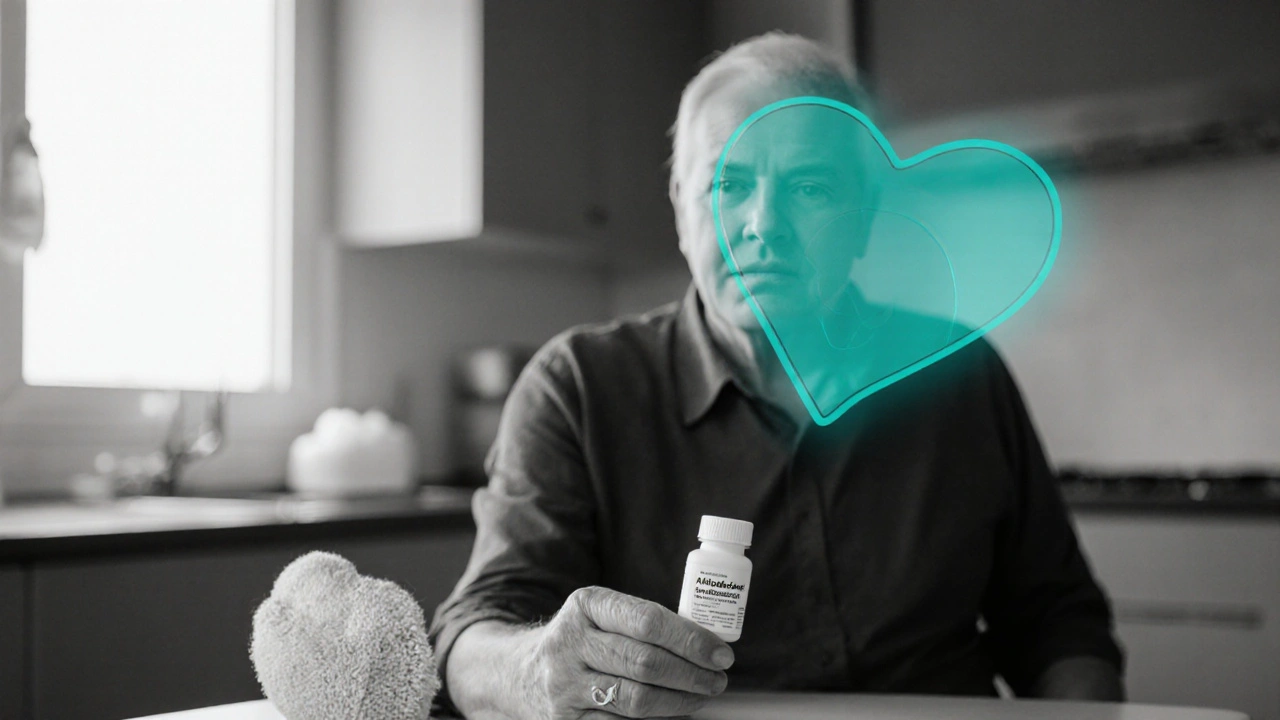Dry Mouth – Everything You Need to Know
When dealing with dry mouth, a condition where the mouth feels unusually dry because the salivary glands produce less fluid. Also known as xerostomia, it can crop up after a night of medication, during hormonal shifts, or as a side effect of chronic disease. Dry mouth often signals a deeper issue, so identifying the root cause matters. For instance, medication side effects, unwanted reactions that occur when a drug interacts with body systems are a leading trigger; many antihistamines, antidepressants, and blood pressure pills list reduced saliva as a common complaint. Likewise, menopause, the natural decline of estrogen that marks the end of menstrual cycles can dry out the oral tissues because estrogen helps regulate salivary flow. Understanding these links—dry mouth ↔ medication side effects, dry mouth ↔ menopause, and dry mouth ↔ saliva production—gives you a clear roadmap for tackling the symptom.
Why Dry Mouth Matters
Reduced saliva isn’t just uncomfortable; it raises the risk of cavities, gum disease, and difficulty swallowing. When you add type 2 diabetes, a metabolic disorder that impairs glucose regulation into the mix, the stakes get higher. High blood sugar can damage the nerves that control salivary glands, worsening xerostomia and making oral infections more likely. Moreover, many diabetes medications, such as certain SGLT2 inhibitors, list dry mouth as a side effect, creating a double‑hit scenario. Another frequent culprit is antihistamines, drugs that block histamine receptors to relieve allergy symptoms. They are designed to reduce watery secretions in the nose and eyes, but they also dampen salivary output. Recognizing that dry mouth can stem from disease, hormones, or drugs helps you ask the right questions at the doctor’s office and decide whether a simple water bottle, a saliva substitute, or a medication tweak is the best fix.
Below you’ll find a curated set of articles that break down the most common triggers, practical ways to soothe the irritation, and tips for preventing long‑term damage. Whether you’re coping with medication‑induced dryness, navigating hormonal changes, or managing a chronic condition that affects your mouth, the resources here will give you actionable steps and deeper insight. Dive in to see how each factor plays out and what you can do right now to protect your oral health.
Amiodarone and Dental Health: Essential Tips for Patients
- Laura Ledas
- Sep, 16 2025
Learn how amiodarone impacts oral health and get practical steps to manage dry mouth, gum bleeding, and cavity risk while staying on your heart medication.
Learn More